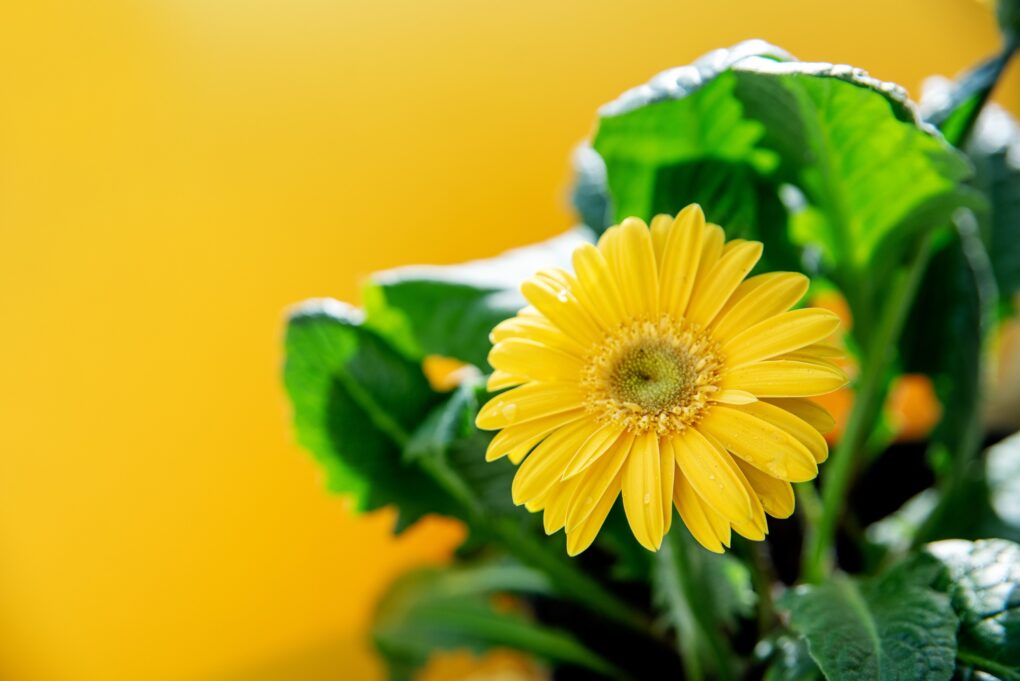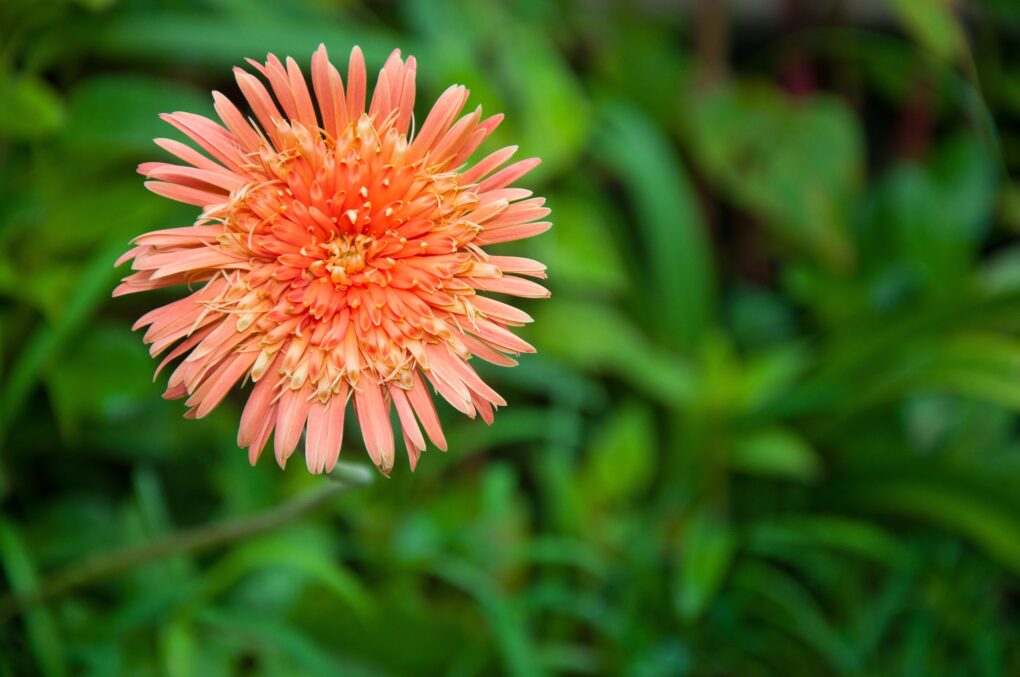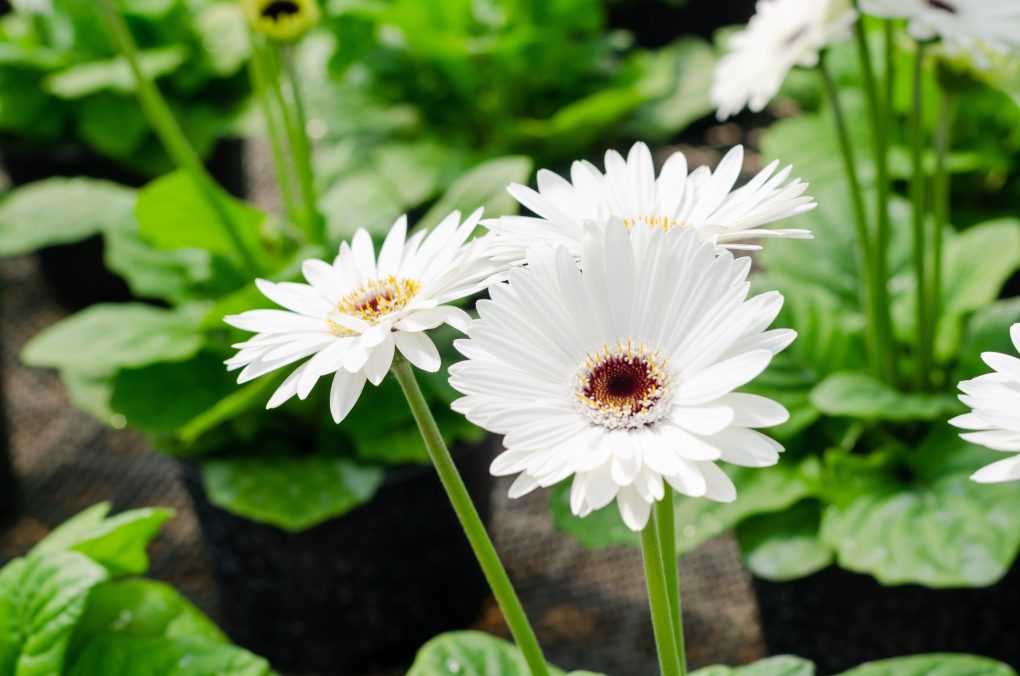Do Gerbera Daisies Grow Back? A Quick Guide to Their Regrowth
Gerbera daisies (Gerbera jamesonii) does grow back. These beautiful flowering plants are perennials, meaning they return year after year if provided with the appropriate care and growing conditions.

To encourage Gerbera daisies to grow back regularly, it’s essential to maintain proper sunlight exposure, well-draining soil, and suitable temperatures. Regular watering, removing dead flowers, and cutting back the foliage at the end of the season can also help ensure that your daisies will continue to rejuvenate and bloom brilliantly every year.
Gerbera daisies can also be divided in the fall or early spring to promote growth and ensure they return year after year. Dividing the plant involves separating the root ball into smaller sections and replanting them. This helps to rejuvenate the plant and promote healthy growth.
Table of Contents
When to Expect Gerbera Daisies to Grow Back

Gerbera daisies are known for their bright and cheerful blooms that can last several weeks. However, like most flowering plants, gerbera daisies have a blooming season, after which they may appear to die off. But don’t worry, gerbera daisies can grow back with proper care and maintenance.
The blooming season for gerbera daisies typically lasts from spring to fall. During this time, the plant produces vibrant flowers lasting for several weeks. However, once the blooming season is over, the plant may appear to die off, leaving behind brown and withered leaves.
After the blooming season, gerbera daisies enter a period of dormancy, conserving energy and preparing for the next blooming season. During this time, the plant may appear lifeless, but it is working hard underground to produce new roots and store nutrients.
With proper care and maintenance, gerbera daisies can grow back and produce beautiful blooms year after year. To encourage your gerbera daisies to grow back, follow these tips:
● To encourage new growth, deadhead spent blooms regularly.
● Water your gerbera daisies regularly, but avoid overwatering, which can cause root rot.
● Fertilize your gerbera daisies every two weeks during the blooming season with a balanced fertilizer.
● Protect your gerbera daisies from extreme heat and cold, as they prefer moderate temperatures.
● Provide your gerbera daisies with well-draining soil that is rich in organic matter.
By following these tips, you can expect your gerbera daisies to grow back and produce beautiful blooms year after year.
Factors That Affect Gerbera Daisies’ Growth

Gerbera daisies are beautiful and colorful flowers that can brighten up any garden. However, their growth and survival depend on several factors, including temperature, light, and soil. Understanding these factors can help ensure that your gerbera daisies grow back every year.
Temperature
Did you know that Gerbera daisies are originally from South Africa and thrive in warm temperatures? They do best in temperatures ranging from 60 to 75 degrees Fahrenheit. The plant may stop growing and die if the temperature drops below 50 degrees Fahrenheit. On the other hand, if the temperature is too high, the plant may wilt and die, so it is essential to plant gerbera daisies in a location that provides the right temperature for their growth.
Light
Gerbera daisies require plenty of sunlight to grow and thrive. They need at least six hours of direct sunlight every day. They may become leggy and weak if they do not receive enough sunlight. Too much direct sunlight, however, can cause the leaves to burn and the flowers to wilt. Therefore, planting gerbera daisies in a location that provides the right amount of sunlight for their growth is essential.
Soil
The soil in which gerbera daisies grow must be well-draining and fertile. For optimal growth, it’s important to maintain a soil pH level between 5.5 and 6.5. If the pH level is too high or too low, the plant may not thrive. Furthermore, it’s crucial to ensure that the soil contains ample organic matter and nutrients.If the soil is poor, the plant may not grow well and may be susceptible to diseases and pests. Therefore, it is essential to plant gerbera daisies in soil that is well-draining, fertile, and rich in organic matter and nutrients.
